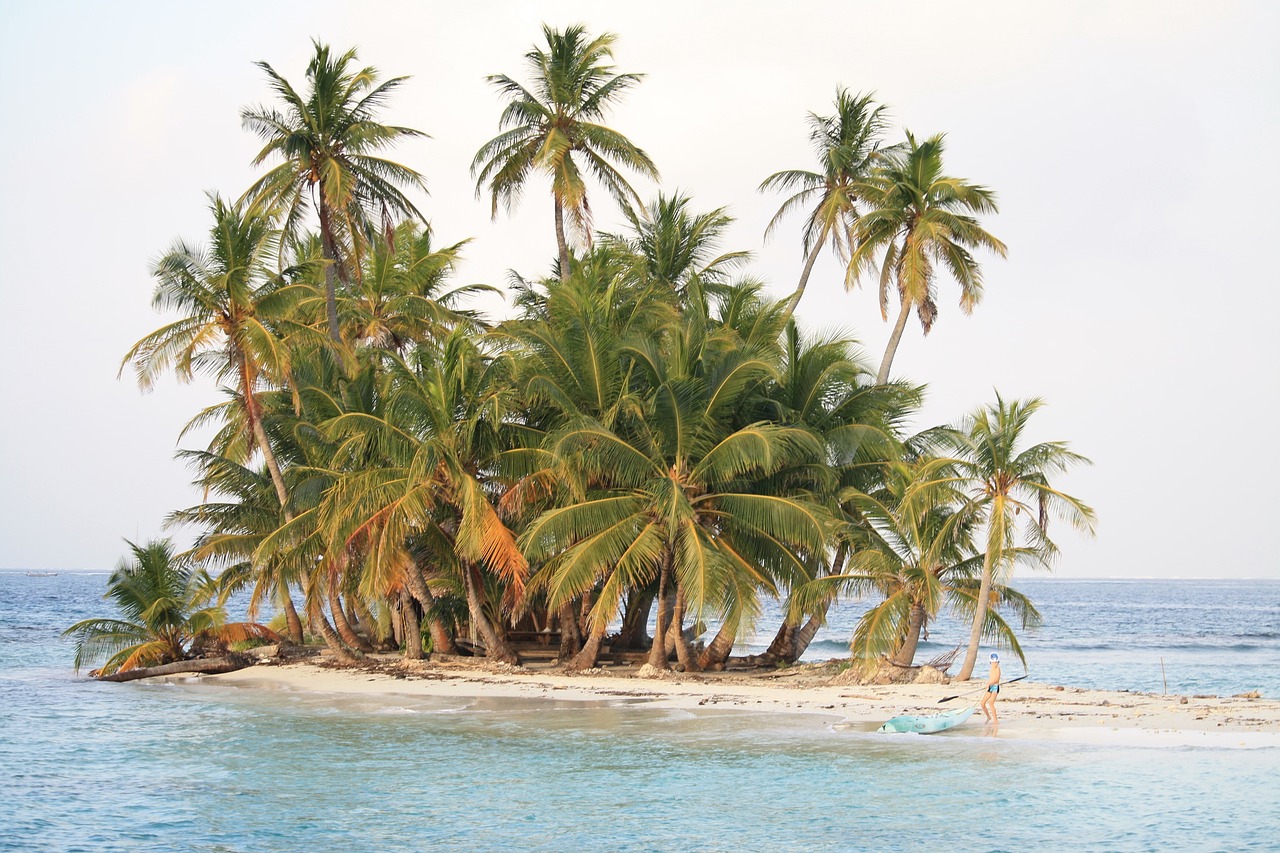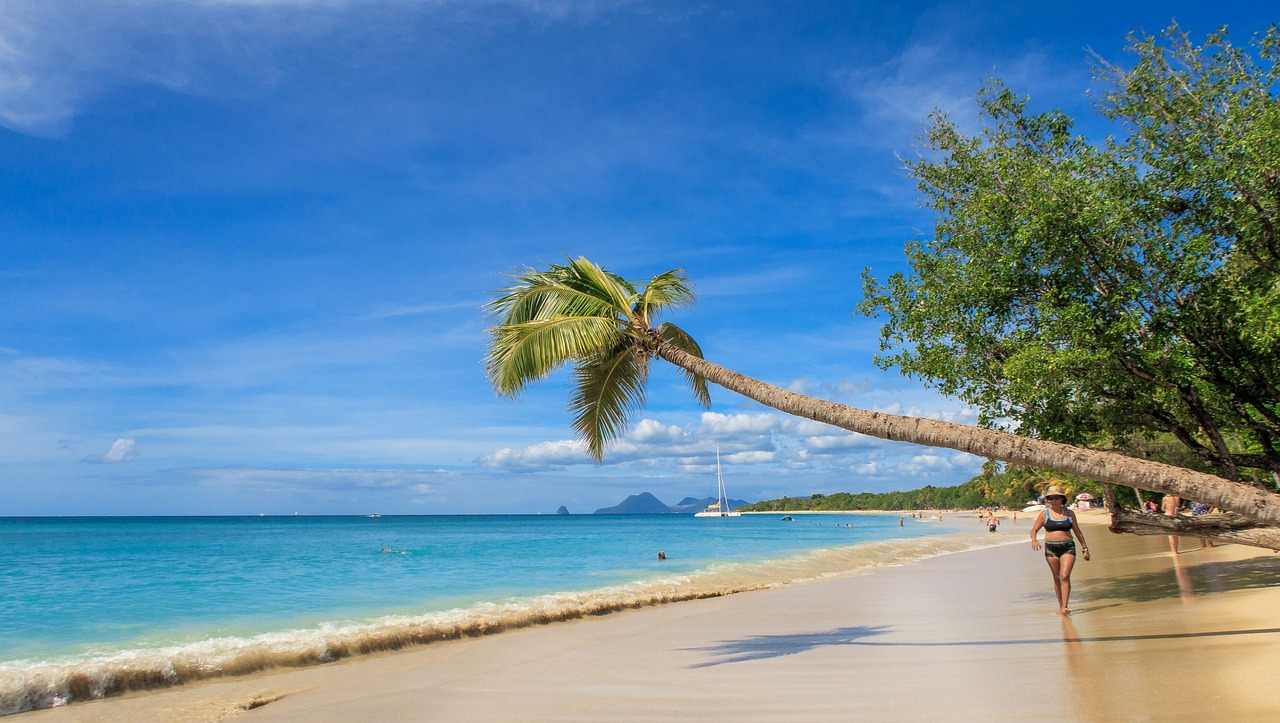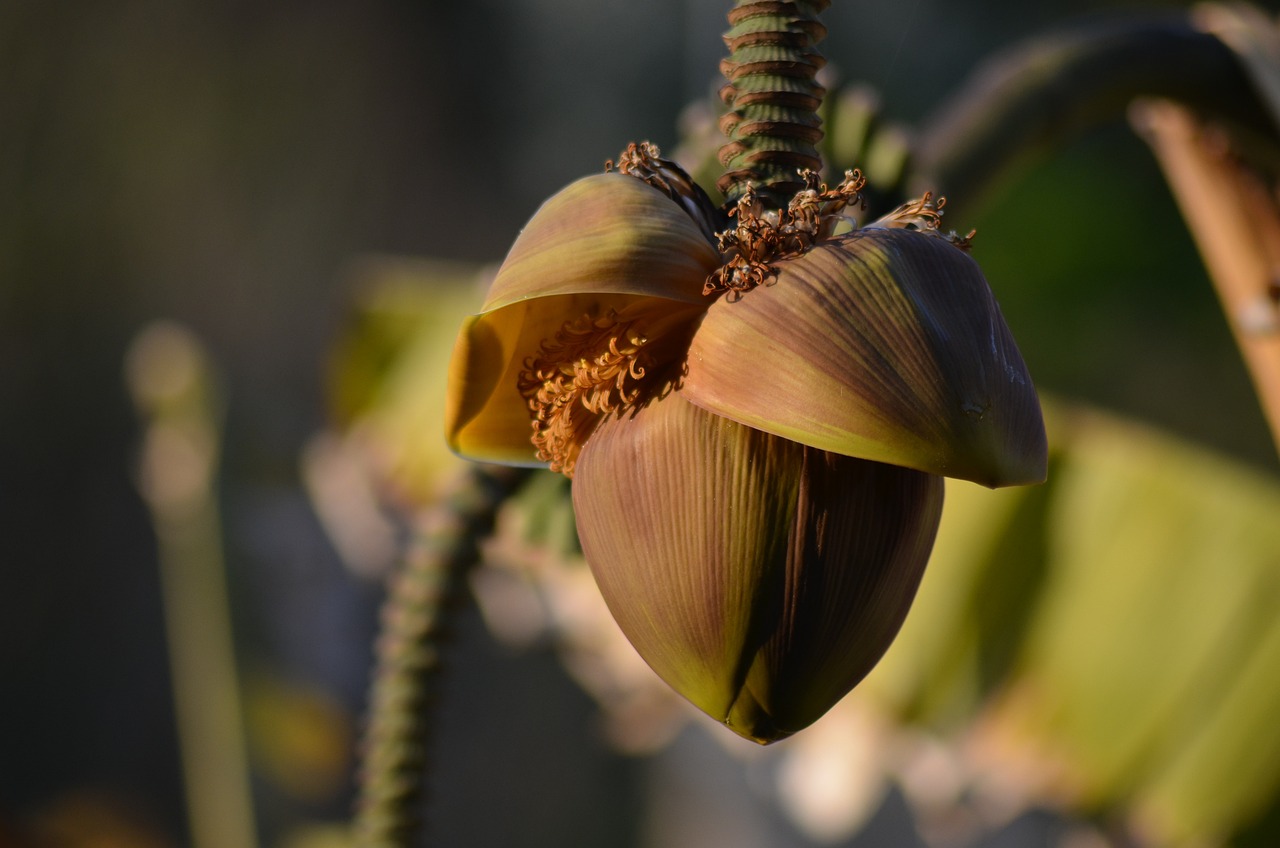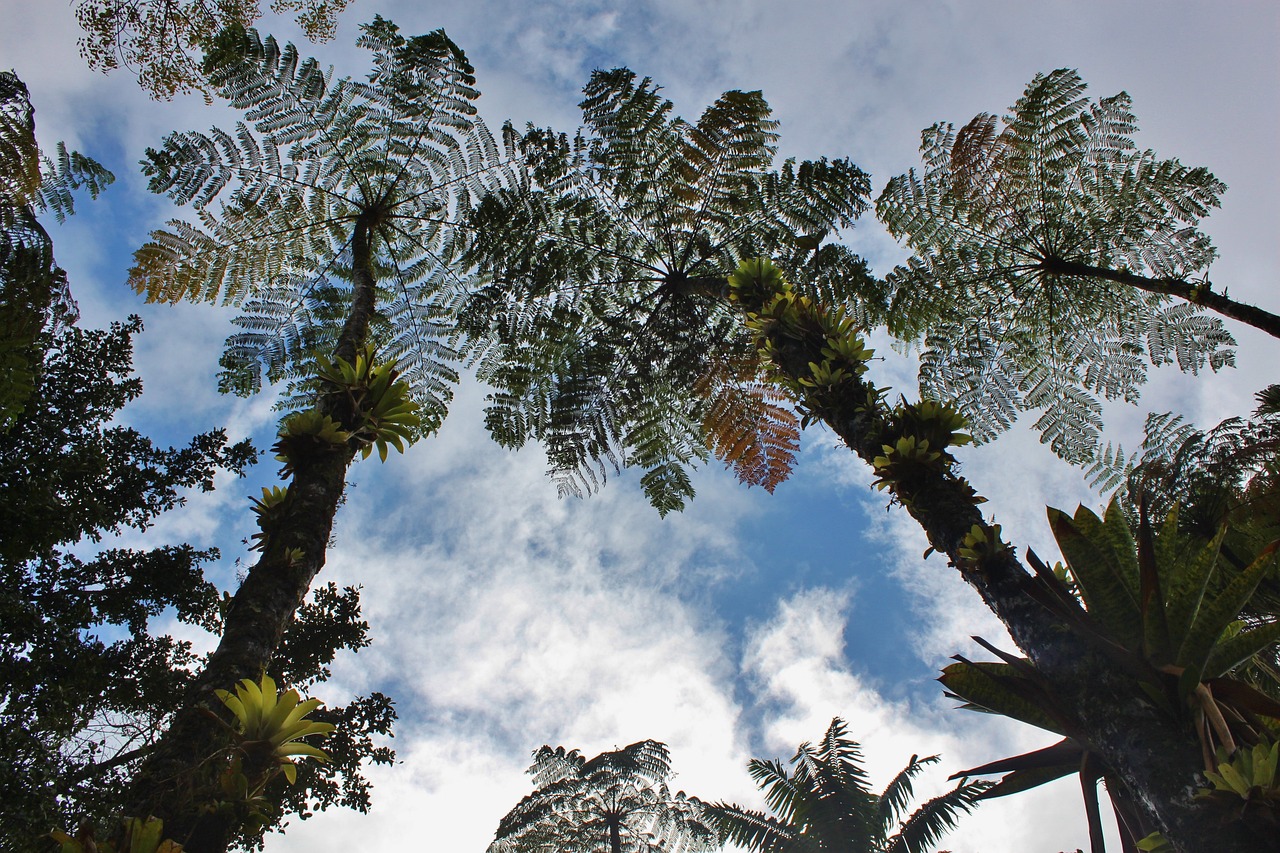Martinique Video
Language and Communication: Overcoming Barriers in Martinique
Martinique, an island located in the eastern Caribbean Sea, is a unique destination known for its stunning natural beauty, rich cultural heritage, and diverse population. As a French overseas territory, the official language of Martinique is French. However, due to its historical and geographical context, the island also boasts a rich linguistic landscape that includes Creole, English, and other languages. In this article, we will explore the language and communication dynamics in Martinique, focusing on how barriers are overcome to facilitate effective interaction among its residents and visitors.
Language Diversity in Martinique
Martinique is a melting pot of cultures and languages. The island’s history as a former French colony, along with its African and Caribbean influences, has shaped its linguistic diversity. While French is the official language, Martinique Creole, a French-based creole language, is widely spoken by the local population. Creole serves as a means of communication among Martinicans and is an essential part of their cultural identity.
In addition to French and Creole, English is also spoken by many residents, particularly those involved in the tourism industry. English is taught in schools, and many Martinicans have a good command of the language, making it easier for English-speaking visitors to communicate.
Overcoming Language Barriers: Bilingualism and Multilingualism
One of the ways in which language barriers are overcome in Martinique is through bilingualism and multilingualism. Many Martinicans are fluent in both French and Creole, allowing them to switch between the two languages depending on the context and the interlocutors. This bilingualism enables effective communication within the local community and facilitates interactions with visitors who may not speak French.
Furthermore, the tourism industry in Martinique recognizes the importance of English as an international language. Many hotels, restaurants, and tourist attractions have staff members who are proficient in English, ensuring that visitors can communicate their needs and receive assistance during their stay. This commitment to multilingualism helps to create a welcoming environment for tourists and enhances their overall experience on the island.
Language Education and Preservation
The education system in Martinique plays a crucial role in language education and preservation. French is the primary language of instruction in schools, and students are exposed to both spoken and written French from an early age. The curriculum also includes the study of Martinique Creole, which is recognized as an integral part of the island’s cultural heritage.
Efforts have been made to promote and preserve Martinique Creole through literature, music, and other artistic expressions. Creole is taught as a subject in some schools, and there are initiatives to raise awareness about the importance of maintaining and valuing the language. By integrating Creole into the education system and promoting its use in various domains, Martinique ensures the preservation of its unique linguistic heritage.
Language Services and Support
To cater to the needs of non-French speakers, Martinique offers language services and support. Tourist information centers provide assistance in multiple languages, including English, to help visitors navigate the island and access relevant information. Additionally, translation services are available for official documents and business transactions, ensuring effective communication between different language speakers.
Moreover, Martinique has embraced technology to overcome language barriers. Mobile applications and online platforms provide translation services, language learning resources, and real-time language assistance. These digital tools enable visitors to communicate more easily and bridge the gap between different languages.
Cultural Exchange and Understanding
Language and communication are essential for cultural exchange and understanding. In Martinique, the diverse linguistic landscape fosters intercultural interactions, allowing residents and visitors to learn from one another. The exchange of languages, customs, and traditions promotes mutual understanding and appreciation, enriching the cultural experience for all.
Through cultural events, festivals, and community gatherings, Martinique celebrates its linguistic diversity and encourages dialogue among different language speakers. These platforms provide opportunities for individuals to share their stories, express their identities, and build connections across linguistic boundaries.
Image 1: Martinique

Language Accessibility in Martinique
While efforts have been made to overcome language barriers, it is essential to acknowledge that language accessibility in Martinique may still pose challenges for some individuals. Visitors who do not speak French, Creole, or English may face difficulties in certain situations, especially in more remote areas where language support may be limited.
To enhance language accessibility, it is recommended for visitors to learn some basic French phrases or carry a translation guide. Respect for local customs and efforts to communicate in the local language can go a long way in fostering positive interactions and bridging communication gaps.
Image 2: Martinique

Conclusion
Language and communication play a vital role in Martinique, a diverse and multicultural destination. Through bilingualism, language education, and the promotion of cultural exchange, the island has successfully overcome language barriers and created an inclusive environment for residents and visitors alike. As Martinique continues to celebrate its linguistic diversity, language accessibility and support will remain essential to ensure effective communication and enhance the overall experience of those who visit this enchanting Caribbean island.
Image 3: Martinique

References
– Martinique Tourism Authority: www.martinique.org
– Ministry of National Education, Youth, and Sports (Martinique): www.ac-martinique.fr
– UNESCO: intangibleheritage.unesco.org
– Martinique Creole Language Institute: www.icm-martinique.fr


